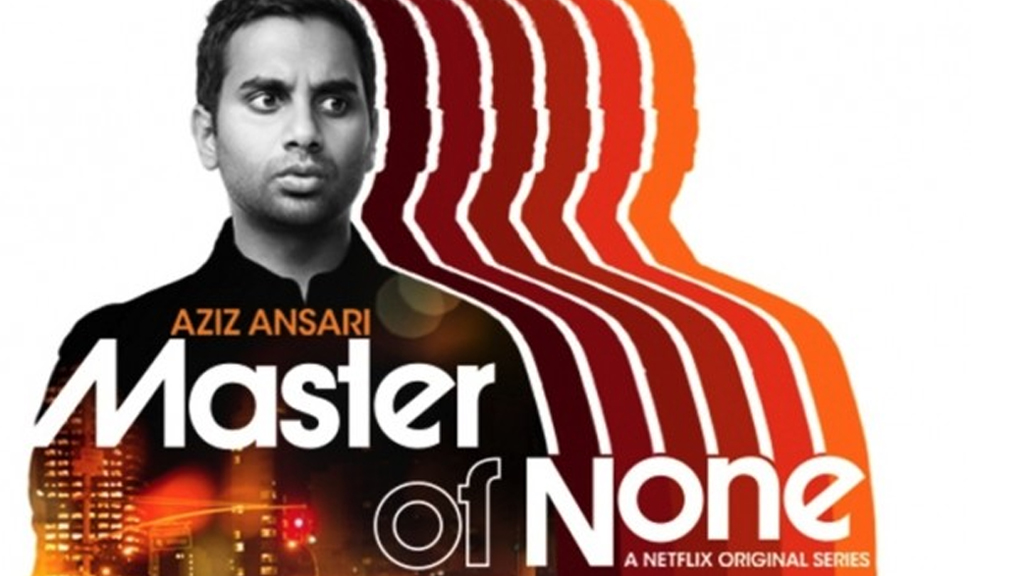While browsing Netflix last week in search of one of those mindless 23-minute-episode comedy shows to put on while I tried to chip away at the mountain of homework that comes with the end of the semester, I came across Aziz Ansari’s “Master of None.” My subsequent thought process was this: “Oh, I love ‘Parks & Rec,’ and Ansari’s stand-up doesn’t make me want to vomit like most stand-up does. This will work just fine.” I didn’t know that what I was getting into wasn’t so much a simple comedy as a very real, sometimes very pointed social commentary with lots of sharp, witty dialogue.
Ansari, creator and sometimes-director of "Master of None," stars as Dev, a late-20s/early-30s actor in New York City struggling to find more fulfilling work than just shooting commercials that gets into the typical awkward situations you might expect on any such television show, along with his friends Arnold (Eric Wareheim), Denise (Lena Waithe), and Brian (Kevin Yu). Unlike many other popular (and entirely unbelievable) sitcoms such as "How I Met Your Mother," however, Dev's life seems almost too real. He's awkward, lonely and sometimes a bit of an asshole. When he does get into a relationship, they have problems to which I'm sure anyone who has tried to live with a significant other can relate. His relationship with his parents is normal: not adversarial, not unbelievably close. He gets snubbed, he gets lucky, sometimes he's petty and sometimes he makes the wrong decisions.
"Master of None" touches on contemporary issues such as racism (especially on television), feminism, familial relationships, cultural differences in romantic relationships, growing older, whether or not pre-cum can get you pregnant and more, and it points these issues out in painfully obvious ways that can make you wonder how you previously missed, overlooked or undervalued such culturally relevant issues. One particularly memorable episode simply starts off with a montage of clips from popular television shows from the last several decades that portray Indians in stereotypical roles; for example, one of the clips was of Apu Nahasapeemapetilon, the proprietor of "The Simpsons'" Kwik-E Mart. I had to pause the show after those 30 seconds to sit and process why we, as a society, find that level of stereotyping acceptable. Another poignant scene separately follows Dev with his friend Arnold and a lone woman as they walk home from the same bar; the clips of the woman walking are overlaid with haunting music as she warily walks through the streets of New York at night by herself, while Dev and Arnold's walk is accompanied by a cheerful, worry-free tune.
All the characters in the show, especially Dev and his love interest Rachel (played by Noël Wells), have incredibly sharp tongues and their dialogue is entertaining, sarcastic, playful and refreshing. While I ordinarily have no problem predicting the ending of episode or season storylines, "Master of None" broke the trend of formulaic television shows and defied my guesses at every turn, particularly in the season finale. I'll do my best not to spoil the show for you, but if you're looking for a story with a traditional type of happy ending, you should probably look elsewhere.
"Master of None," in short, turns every thing that bothers me about television on its head: unbelievable characters, neatly tied predictable endings with no loose strings, making use of low-hanging fruit such as stereotypes and pretending that the hard part of being in a relationship is getting into it in the first place. All in all, if you're looking for a well-crafted, witty, interesting show that will make you think twice about the way you see the world, "Master of None" certainly fits the bill.
Rating: 4.5/5 stars








